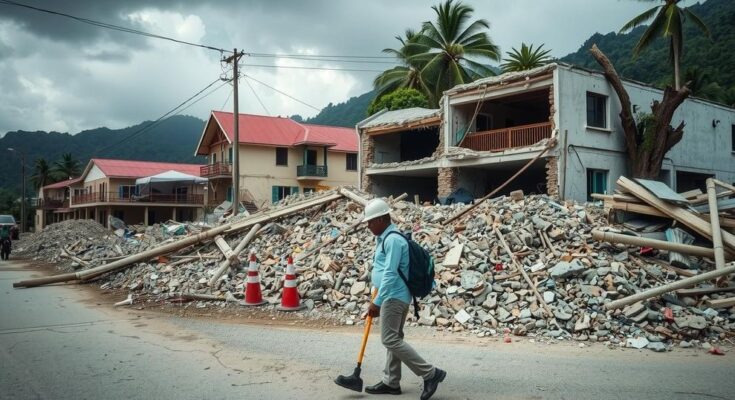January 12 marks a series of historical milestones, including Andrew Carnegie’s testimony in 1912, the 1919 Paris peace negotiations post-World War I, Hattie Caraway’s election as the first female senator in 1932, and the devastating 2010 earthquake in Haiti that resulted in significant loss of life and a cholera outbreak.
On January 12 throughout history, several significant events have taken place. In 1912, industrialist Andrew Carnegie testified before the Stanley Committee, aligning with former President Theodore Roosevelt’s anti-trust views against the trust dissolution plans proposed by President Taft. Seven years later, in 1919, key leaders including U.S. President Woodrow Wilson met in Paris to negotiate peace terms following World War I, which ultimately established the League of Nations.
In 1932, Hattie Caraway made history as the first woman to be elected to serve a full term as a United States Senator. During World War II, in 1943, the U.S. Office of Price Administration announced that traditional frankfurters would be replaced by “Victory Sausages” made from a mix of meat and soy meal. In 1986, U.S. Representative Bill Nelson journeyed into space aboard the shuttle Columbia, alongside Franklin Chang-Diaz, marking a significant milestone for Hispanic Americans in space exploration.
A pivotal moment occurred in 1994 when President Bill Clinton requested Attorney General Janet Reno to appoint an independent counsel to investigate the Whitewater real estate affair, naming New York lawyer Robert Fiske to the role. Tragically, in 2006, a stampede during a pilgrimage in Mina, Saudi Arabia, resulted in the deaths of approximately 350 individuals.
The catastrophic 2010 earthquake, registering a magnitude of 7.0, struck Haiti, causing extensive destruction in the capital, Port-au-Prince, and resulting in the loss of over 100,000 lives. The disaster severely weakened an already strained infrastructure and led to a cholera outbreak that claimed thousands in subsequent years. Most recently, in 2024, the United States and its allies responded to recent Houthi attacks in the Red Sea with a large-scale military retaliation.
January 12 serves as a significant date marked by various historical events, ranging from politics and social progress to humanitarian crises and international conflict. The convergence of influential meetings and legislative milestones reveals both the challenges and achievements in governance, while devastating natural disasters like the 2010 earthquake in Haiti underscore the vulnerability of nations to environmental threats. The repercussions of such events rippled through subsequent years, influencing policies, humanitarian efforts, and global relations.
In summary, January 12 is a date that encapsulates a multitude of pivotal historical events, showcasing both progress, such as the election of the first female Senator, and disaster, highlighted by the tragic earthquake in Haiti. The historical significance of this day reminds us of the interconnectedness of human experiences, from political developments to the dire effects of natural calamities, shaping the trajectory of societies.
Original Source: www.upi.com




